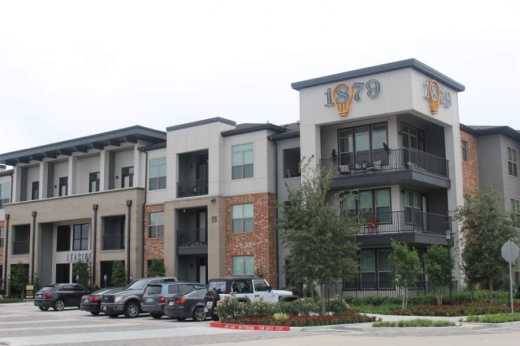As May 1 rent deadlines loom near for tenants across the state, the Texas Supreme Court has extended an eviction moratorium through May 18.
The court’s action comes at a time when 1.3 million Texans have filed for unemployment from March 15-April 18, according to numbers from the U.S. Department of Labor, and when many more are feeling financial burdens brought on by the coronavirus. The announced extension is in the latest order issued by the court April 28 guiding how hearings and other legal processes should operate in Texas during the coronavirus pandemic.
The eviction moratorium postpones the trials for evictions related to nonpayment of rent until at least May 18, according to John Boriack, the president-elect of the Houston Apartment Association, an affiliate of the Texas Apartment Association. During the moratorium, landlords can still file eviction notices, and evictions for other lease offenses, including criminal activity, can still occur, Boriack said.
“Nobody wants an eviction,” Boriack said. “It's not like there's a bunch of landlords just lining up, can't wait to file all these evictions. It hurts everyone, and we understand that so many residents have undergone completely unforeseeable circumstances because of this situation.”
Under the court’s order, executing writs of possession—the process by which law enforcement helps carry out an eviction—is postponed until after May 25. These notices can still be posted prior to this date.
The court’s action does not waive rent payment requirements. Boriack encouraged any tenant who may be unable to make an upcoming rent payment to talk with their landlord about payment deferrals, payment plan options and waiving late fees.
“Landlords and renters are working together in unprecedented ways right now to come up with win-win solutions for everyone,” Boriack said. “That's really been encouraging to see.”
Additionally, the Coronavirus Aid, Relief and Economic Security Act established a temporary eviction moratorium for housing with federally backed mortgages as well as some low-income housing.





